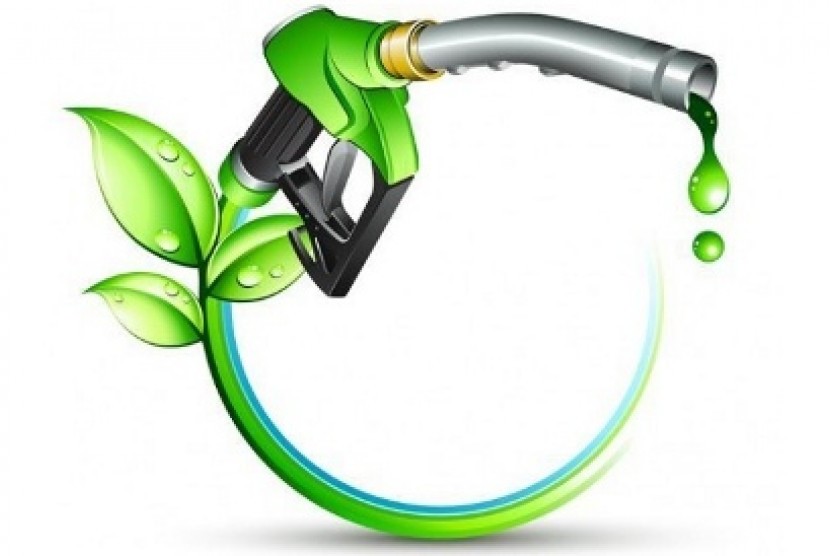REPUBLIKA.CO.ID, JAKARTA The implementation of the mandatory use of 20 percent biodiesel blend (B20) should be in line with development in the automotive industry. National Development Planning Minister/ National Development Planning Agency (Bappenas) Head Bambang Brodjonegoro stated that on Wednesday.
"Its implementation must be in line with development in the automotive industry, especially those that use diesel fuel," Brodjonegoro.
The minister disclosed that in the past, the government had imposed a similar regulation that required the automotive and machinery industry to adopt a combination of 80 percent diesel and 20 percent crude palm oil for biofuel.
Also read: Mandatory use of biodiesel must be implemented soon: Jokowi
"I have some information that the fuel mix will increase cost and reduce performance. Hence, industries should take precautionary measures," he added.
On the other hand, he noted that the government should give the industry time to adjust to the B20 mandatory use policy.
"There should not be a situation where in the industry feels that they do not have to do anything," Brodjonegoro stated.
Under the new regulation, the government will make it mandatory for both subsidized and non-subsidized diesel vehicles to use B20 as a mixture of diesel fuel and palm oil by the end of 2018. The policy aims to save the country's foreign exchange and cut the import of fuel oil. The B20 mandatory use policy was only imposed for subsidized diesel vehicles, such as trains.
The new regulation will expand the coverage of the B20 mandatory policy rule to non-subsidized diesel vehicles, including heavy equipment for mining and private cars. The policy is expected to increase the demand for crude palm oil in the domestic market, which will further increase its price in the international market.
Currently, the global market has seen a decline in the price of vegetable oil as a result of the trade war between the United States and China. In May 2018, the price of CPO had ranged between US$650 and $670 per metric ton, or $653.6 per metric ton, on the average.
The average price in May had declined by $8.6 as compared to its average price in April at $662.2 per metric ton.


